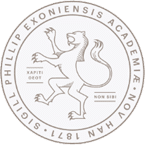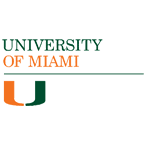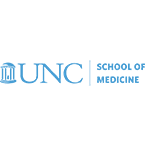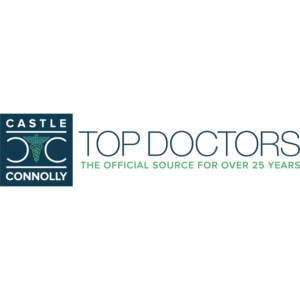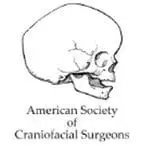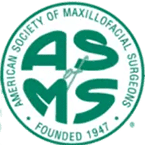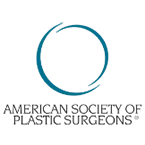THE PRACTICE
Of the four cardinal virtues, the greatest is WISDOM (Prudence). In science, the search for actual truth (Wisdom) is not only the basis of medical progress, but it is also the basis of the moral integrity of each surgeon and ultimately leads to the best choices made for the patient. The best surgeons also excel in the other cardinal virtues of JUSTICE, TEMPERANCE, and COURAGE.

The GOLDEN RULE is also the best rule in Plastic Surgery. Do unto others as you would have them do unto you.
I took the Oath of Hippocrates at graduation from medical school: "I will use treatment to help the sick according to my ability and judgment, but never with a view to injury or wrong-doing ("primum non nocere")." That Oath means putting the patient's interest ahead of my own. My father, William J. McKinnon, M.D., also took and practiced the Oath as a general surgeon.
Plastic surgery is best conducted by knowing and using an evolved set of fundamental PRINCIPLES, not just performing from a work list of technical procedures. Techniques change, but principles endure. These principles range from understanding one's own strengths and the patient's true goal, preparing mentally and physically for the surgical task, making an accurate diagnosis before treatment, prioritizing form and function, avoidance of complications, perfection of craftsmanship, and more. Most of these principles were introduced, codified, and elegantly practiced by my chief, Dr. D. Ralph Millard, Jr., and his primary teacher, Dr. Harold Delf Gillies.
